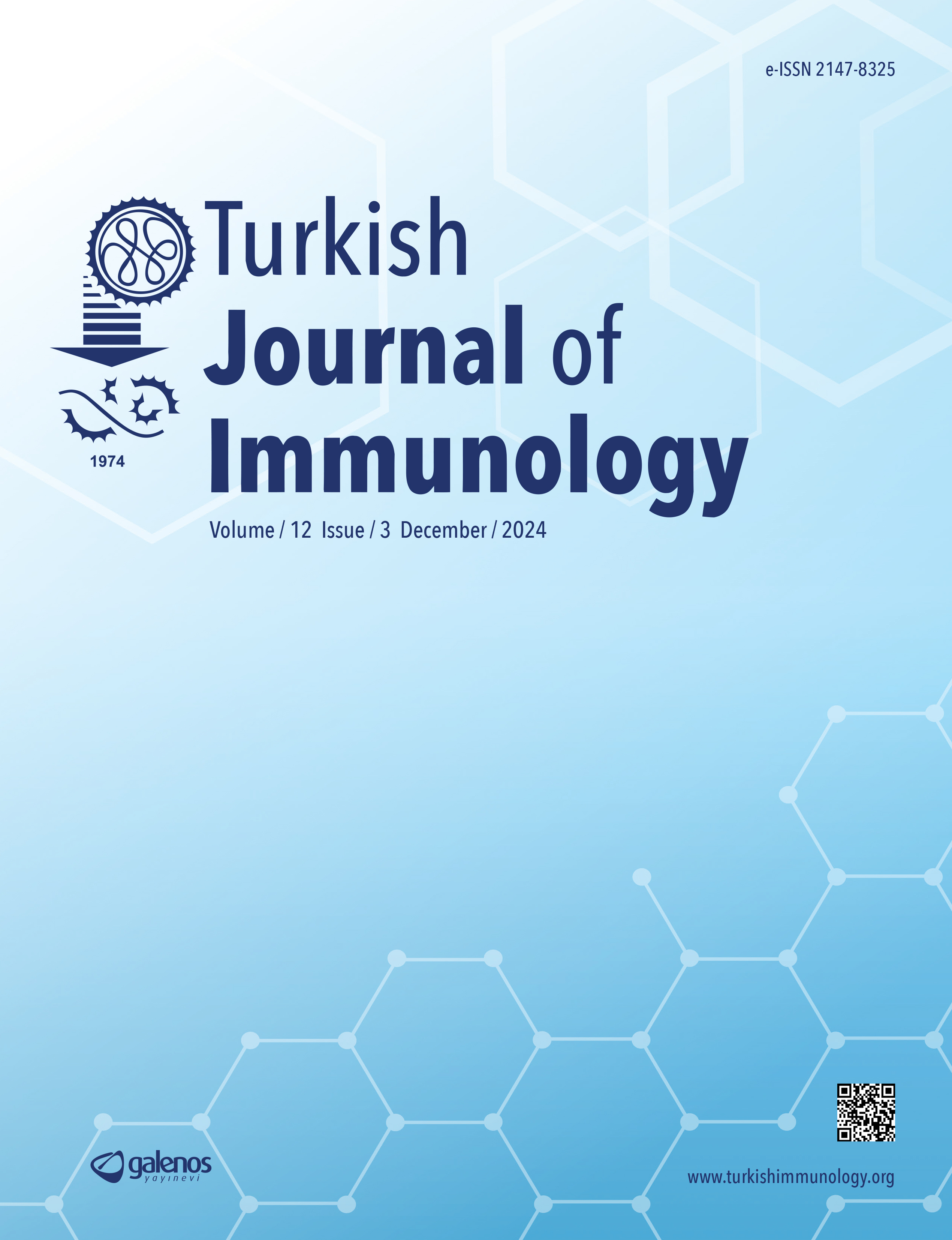Evaluation of the Anti-Cancer Efficacy of Cyclooxygenase Inhibition in Combination with Nutrient Starvation on Pancreatic Ductal Adenocarcinoma In Vitro
Ayşe Nur Çaldıran, Gizem Gürel, Başak AruYeditepe University Faculty of Medicine, Department of Immunology, İstanbul, TurkeyObjective: Pancreatic ductal adenocarcinoma (PDAC) is the fourth leading cause of cancer related deaths. Despite the advancements in cancer management, novel targets to improve treatment outcomes for PDAC are still needed. Herein, we aimed to evaluate the anti-cancer efficacy of nonselective non-steroidal anti-inflammatory drug (NSAID) diclofenac on PDAC in vitro, either alone or in combination with starvation.
Materials and Methods: Two different PDAC cell lines, PANC-1 and MIA PaCa-2, were treated with diclofenac either alone or after starvation with culture medium or Hanks balanced salt solution. Apoptosis, autophagy and cyclooxygenase (COX) levels were evaluated by flow cytometry.
Results: Diclofenac decreased both COX isoforms compared to untreated cells. However, the differences in COX-2 levels between starvation modalities were not significant. Furthermore, starvation followed by diclofenac treatment did not decrease COX-2 levels in the PDAC cell lines tested compared to diclofenac treatment alone.
Conclusion: This study demonstrated that diclofenac treatment can induce apoptosis in PDAC by suppressing both COX-1 and COX-2 levels, although starvation does not have a major impact on its anticancer efficacy. Further studies should focus on determining the optimal duration of starvation prior to NSAID treatment. In addition, the combinatorial effects of starvation and NSAID treatment with conventional treatment options for PDAC should be evaluated.
Manuscript Language: English



















